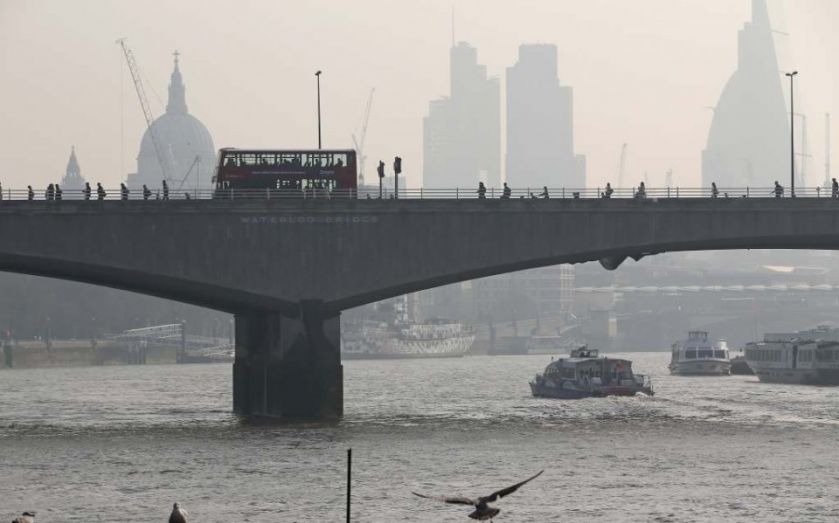Air pollution is the scourge of the City: We all have a role to play in tackling it

London’s air pollution is making thousands more people die early each year” and “time to transform London’s air quality” have been some of the more stark headlines in recent weeks. As air quality in London – and the impact on the health of the capital’s residents and workers – continues to pique the interest of the public, media and politicians, I am certain this issue will be even more prominent in the months and years to come.
The City can and should be playing an integral role in helping to tackle this challenge. For starters, it adversely affects the Square Mile more than other London boroughs. Our central location in the capital, our levels of traffic and the density of our buildings don’t help the matter. That is why we encourage developers to adopt green designs in their planning proposals, in particular green roofs and walls to make buildings in the City more environmentally-friendly.
On top of this, we have banned idling vehicles in the Square Mile’s streets, which reduces the amount of emissions. We’ve pushed for companies to cut back on vehicle deliveries and use more hybrid taxis. And we can’t forget our much-publicised app in the City, which helps people find the least polluted way to work or for other journeys, whether they are walking, jogging, cycling or driving.
But the question rightly being asked now is: should we be more radical in our approach? This comes in the context of a recent King’s College, London study, suggesting that the death toll from air pollution in the capital could be hitting nearly 10,000 a year.
At the City of London Corporation, we have asked the government to move more quickly in reviewing policies like the Vehicle Excise Duty, which encourages people to drive diesel rather than petrol cars. The mayor of Paris has taken the bold step of saying that diesel cars will be banned in the city centre from 2020, and now surely is the time for policy-makers to put this on the table in London and carefully consider it as a viable option.
In the meantime, the government also needs to put more resources into assisting the transition from low to zero emission vehicles, particularly taxis. And the Clean Air Act needs to be reviewed to ensure that it is fit for purpose for the fuels and technology we use today.
But City workers also have an important role to play. We want to encourage them to use more efficient modes of transport, walk and cycle whenever possible, and for companies to reduce their emissions of air pollutants in any way possible – particularly when considering fleet operations and deliveries. Only through a co-ordinated approach by government, the mayor’s office, boroughs, businesses and Londoners can we truly address this issue head on. We cannot afford to duck it anymore.